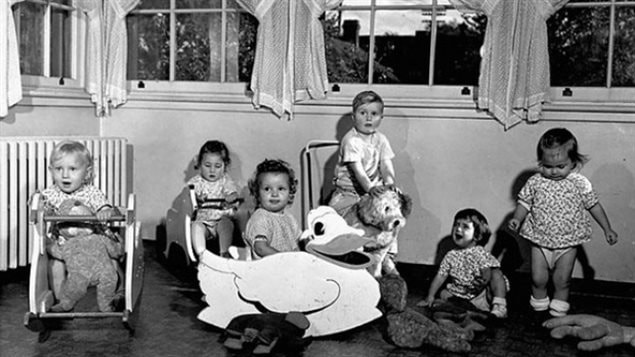Don’t look now but those much-maligned baby boomers–many of whom came of age in the (sometimes) equally maligned 1960s (remember all those warnings about the dangers of instant gratification?) are heading for the last roundup.
To say that it’s making a lot of them more than a tad nervous is an understatement.

It’s not so much that people born between 1946 and 1964 are nervous about growing old. It’s more about how they are going to grow old–like broke and lacking proper health care. Something known in their day as a “bummer.”
A new poll commissioned by the Canadian Medical Association suggests that a strong majority–nearly 80 per cent–of Canadians aged 45 and over are worried they will be unable to find or afford decent homecare or long-term care should they need it.
The Ipsos Reid poll also found that 61 per cent of older Canadians lack confidence that hospitals and long-term care facilities will be able to meet the needs of Canada’s growing number of seniors.
The outgoing president of the CMA, Dr. Louis Hugo Francescutti, notes that in 1971, seniors represented eight per cent of the population. Today, they represent 15 per cent. In 15 years, when the last of the boomers reach 65, seniors will represent 25 per cent of the population.
He says the results of the CMA survey point to a desperate need for a pan-Canadian seniors’ strategy to make sure that medicare can meet the needs of the country’s aging population.

The CMA says hospital care costs currently run about $1,000 a day. That compares to $130 in a long-term care facility and $55 for homecare. The CMA says too many seniors wind up in hospital by default because of shortages in other types of care.
The CMA estimates that getting seniors into the appropriate facilities would save Canada’s health care systems $2.3-billion annually but a plan is needed.
“We should not accept that a country as prosperous as Canada has such a large portion of its population living in fear for the future,” says Dr. Francescutti.
Will action be taken? Dr. Francescutti says politicians risk dealing with the problem at their own peril. A full 95 per cent of Canadians over the age of 45 say they want a comprehensive seniors health care strategy.
I spoke by phone with Dr. Francescutti in Ottawa, where the CMA is holding its annual convention.
Listen






For reasons beyond our control, and for an undetermined period of time, our comment section is now closed. However, our social networks remain open to your contributions.